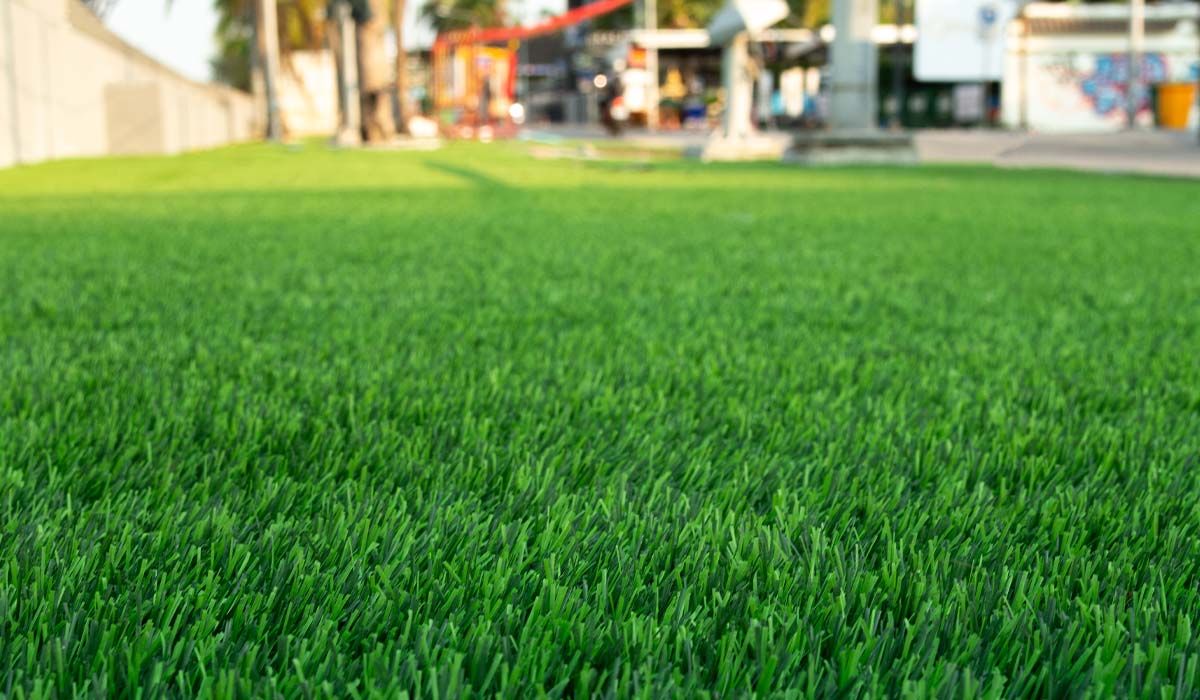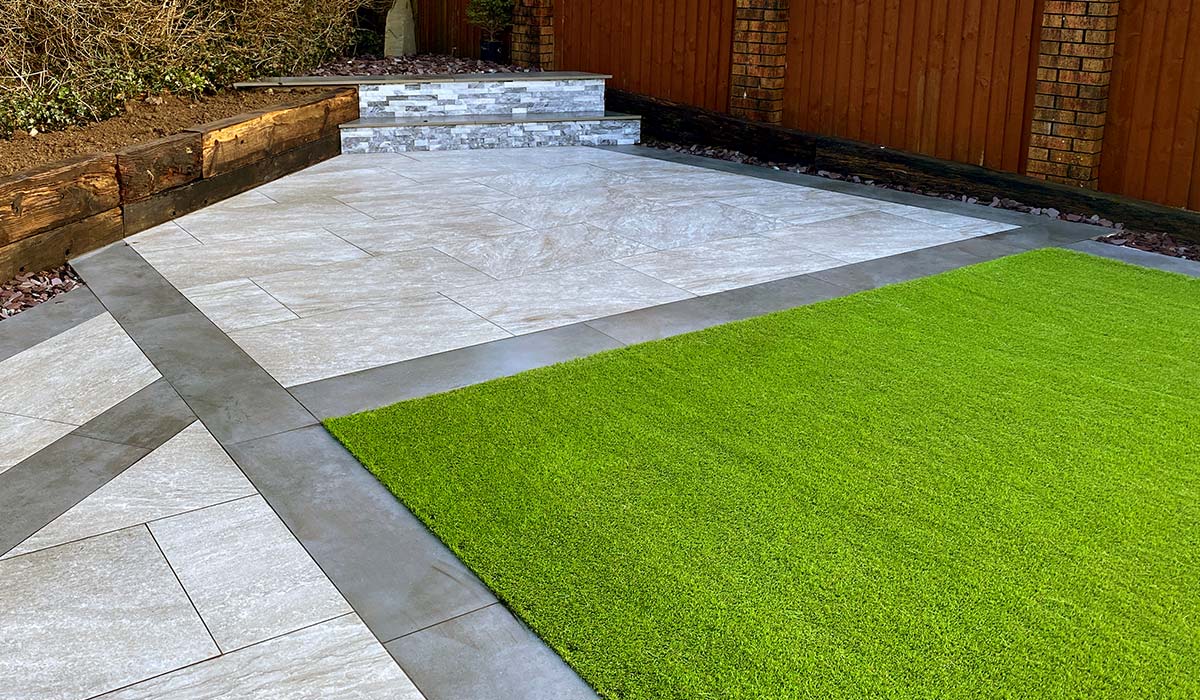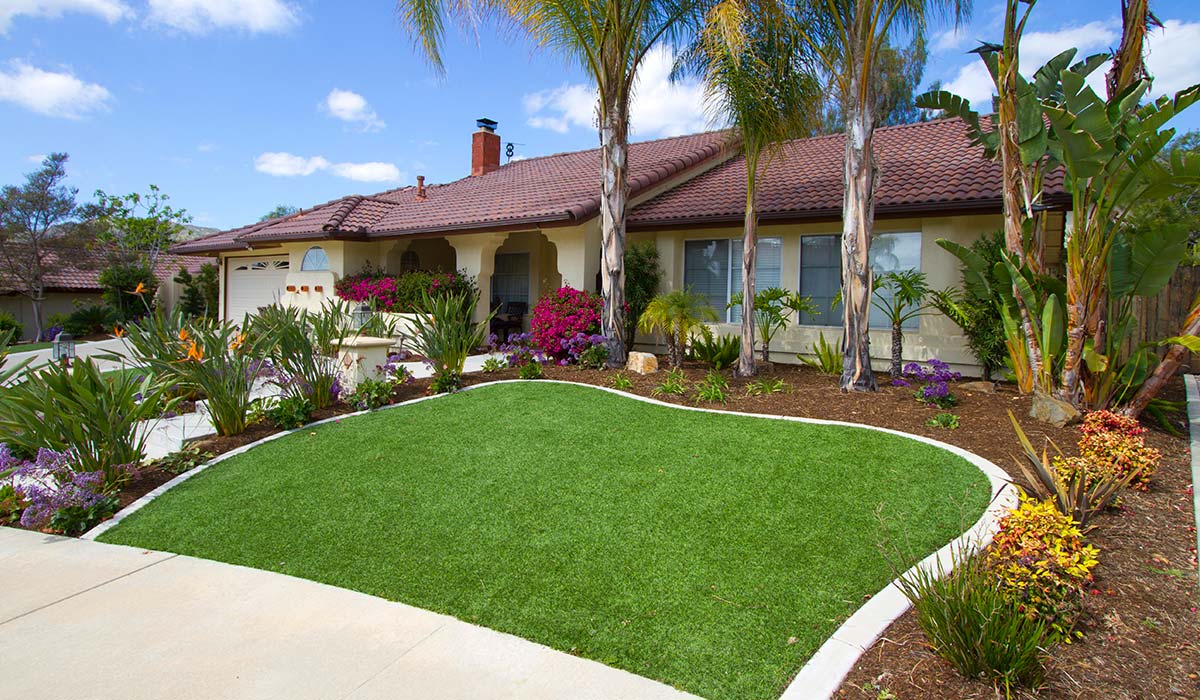As the summer season approaches, maintaining a lush, green garden becomes a priority for many homeowners. Traditional lawns, however, often require extensive upkeep, including regular watering, mowing, and fertilizing. An increasingly popular alternative is synthetic turf, which offers a low-maintenance, year-round green solution. This article explores how synthetic turf can transform your garden into a summer-ready oasis.
Why Synthetic Turf is Ideal for Summer Gardens
Summer brings intense sunlight and high temperatures, which can stress natural grass. Synthetic turf, made from durable materials like polyethylene or nylon, remains green and intact regardless of weather conditions. Unlike natural grass, synthetic turf doesn’t require watering, reducing water consumption—a significant benefit during hot months when water conservation is crucial.
Additionally, synthetic turf eliminates the need for mowing and fertilizing, saving time and effort. It’s also resistant to pests and diseases that commonly affect natural lawns in summer. For families with children or pets, synthetic turf provides a safe, clean surface for play without the mess of mud or grass stains.

Installing Synthetic Turf: A Step-by-Step Guide
Proper installation is key to ensuring the longevity and appearance of your synthetic turf. Here’s a general overview of the installation process:
1. Remove Existing Grass and Debris
Begin by removing any existing grass, weeds, and debris from the area. This step ensures that the synthetic turf has a clean base to adhere to.
2. Prepare the Base
After clearing the area, level the ground to create a smooth surface. This may involve filling low spots and compacting the soil to prevent future settling. A well-prepared base is essential for proper drainage and turf stability.
3. Lay the Turf
Roll out the synthetic turf over the prepared base, ensuring the fibers are all facing the same direction. Trim any excess turf and secure the edges to prevent shifting.
4. Add Infill Material
Infill material, such as sand or rubber granules, is spread over the turf to help keep the fibers upright and provide cushioning. This step enhances the turf’s durability and appearance.
5. Brush the Turf
Finally, brush the turf against the grain to lift the fibers and give the lawn a natural look. Regular brushing helps maintain the turf’s appearance over time.
Maintaining Synthetic Turf During the Summer
While synthetic turf requires less maintenance than natural grass, some care is still necessary to keep it looking its best during the summer months:
1. Regular Cleaning
Remove debris like leaves, twigs, and pet waste promptly to prevent staining and odors. Use a broom or leaf blower to clear the surface regularly.
2. Rinse the Turf
Occasionally rinse the turf with water to remove dust and dirt. This is especially important after periods of high heat or heavy use.
3. Address Spills Immediately
If spills occur, clean them promptly to prevent staining. For sticky substances, use a mixture of mild detergent and water to spot clean the affected area.
4. Check for Damage
Regularly inspect the turf for any signs of wear or damage, such as loose seams or flattened areas. Addressing issues early can prevent more extensive repairs later.
Enhancing Your Garden with Synthetic Turf Landscaping Ideas
Synthetic turf offers versatility in garden design, allowing you to create various outdoor spaces:
1. Create Play Areas
Install synthetic turf in play zones to provide a soft, durable surface for children and pets. This ensures safety while reducing maintenance.
2. Design Outdoor Living Spaces
Use synthetic turf to define outdoor living areas, such as patios or dining spaces. It adds a touch of greenery without the upkeep of natural grass.
3. Incorporate Turf into Garden Beds
Combine synthetic turf with garden beds to create visually appealing contrasts. This design approach can highlight plantings and add structure to your garden.
4. Install Pathways
Create pathways using synthetic turf to guide visitors through your garden. This not only adds functionality but also enhances the overall aesthetic.

Environmental and Economic Benefits of Synthetic Turf
Opting for synthetic turf in your garden offers several environmental and economic advantages:
1. Water Conservation
Synthetic turf eliminates the need for regular watering, conserving water—a vital resource, especially during drought conditions.
2. Reduced Carbon Footprint
By eliminating lawnmowers and chemical fertilizers, synthetic turf reduces greenhouse gas emissions and chemical runoff, contributing to a healthier environment.
3. Long-Term Cost Savings
Although the initial installation cost of synthetic turf can be higher than natural grass, the long-term savings are significant. Reduced water bills, lower maintenance costs, and the turf’s durability make it a cost-effective choice over time.
Preparing your garden for summer with synthetic turf offers a practical, sustainable, and aesthetically pleasing solution. With its low maintenance requirements, versatility in design, and environmental benefits, synthetic turf can transform your outdoor space into a year-round green haven. Whether you’re creating a play area for children, a pet-friendly zone, or a stylish outdoor living space, synthetic turf provides a durable and attractive foundation for your summer garden.

